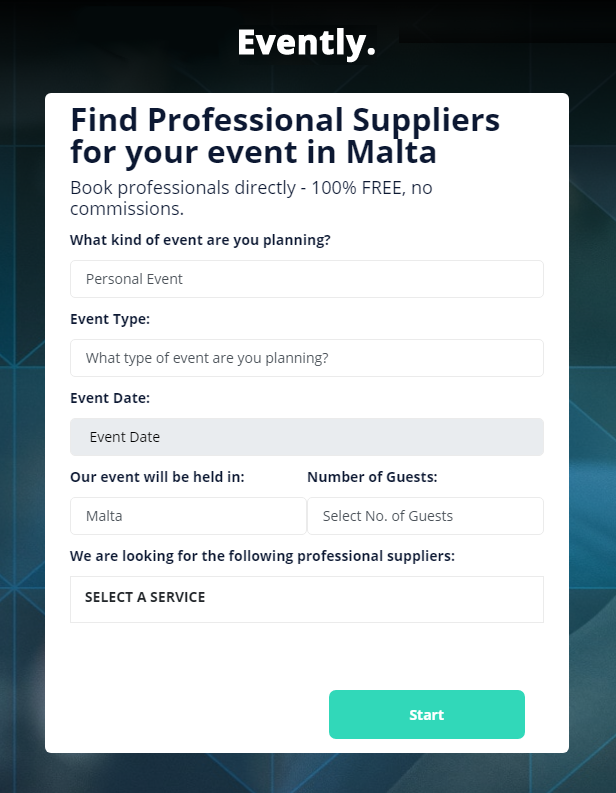
While larger corporate events usually require months of planning, we’re armouring you with some tips and tricks that will help you plan your event in the shortest period of time possible!
1. Decide upon your target audience
First and foremost, you need to clearly define who your audience is. This will save you a lot of time later down the line. A lot of things will fall into place when you take this decision. The event’s format, content and location will 100% be influenced by this crucial decision.
2. Make a structured timeline
Once you decide who your target audience is, it’s time to make a timeline that works! The structured approach helps you to stay focused on your goals. By making a list of details that need to be taken care of, and then prioritizing them, goals that may be seen as impossible to achieve are broken down into smaller bites. This step-by-step approach helps you to perceive things a bit more clearly, especially when you’re struggling with a lot of tight deadlines!
3. Have a clear business plan
Your vision for this event needs to be on point. Every decision you make should support this vision. Make sure that your team and the suppliers you work with are informed about this agenda, and immediately define what each individual’s role will be in relation to this.
5. Avoid any scheduling clashes
Do your research when setting a date. Check what other industry events are happening around that period. It’s also a good idea to find out if there are any local holidays and the popular vacation timings of the country or locality you’re going to host your event in.
6. Be flexible with changes
Being adaptable saves a lot of time and energy! If that particular vendor seems to be indecisive and is not responding to emails, do not chase him/her in vain! Move on to the next one and work with companies that are willing to make this event happen!
7. Know your limitations
Planning an event is super stressful, but knowing your limits, and the team’s limits, really helps in being realistic regarding what you can achieve. For example, if you decide to throw an event in a week’s time, the simpler, the better! For best results, harness your team’s creativity and ideas, stick to your vision and priorities and be pragmatic!
If you’re looking to plan a corporate event in Malta or in Gozo, use Evently to find, chat & book multiple event suppliers at once for FREE! All you have to do is fill in the details below.






